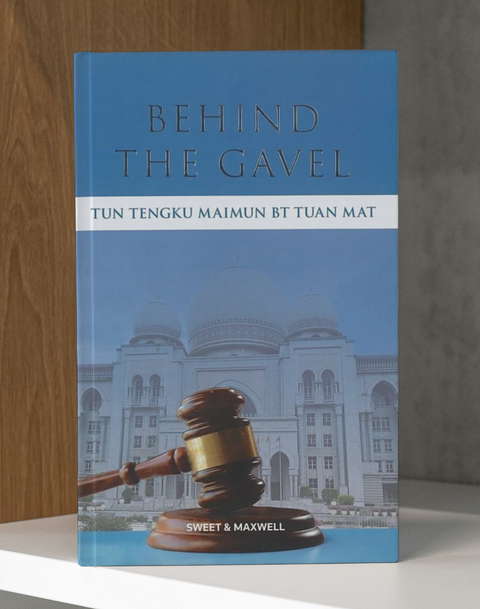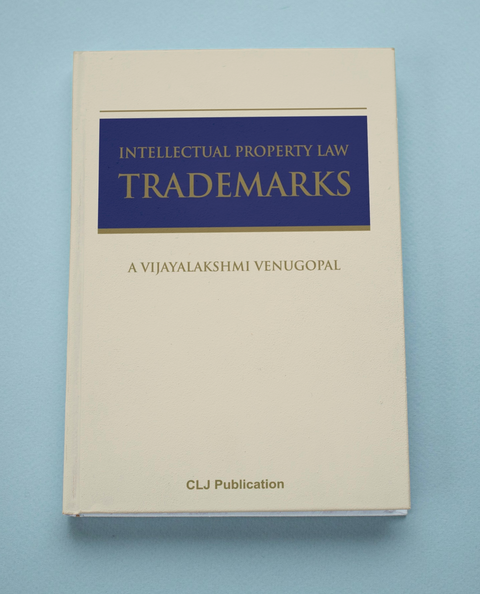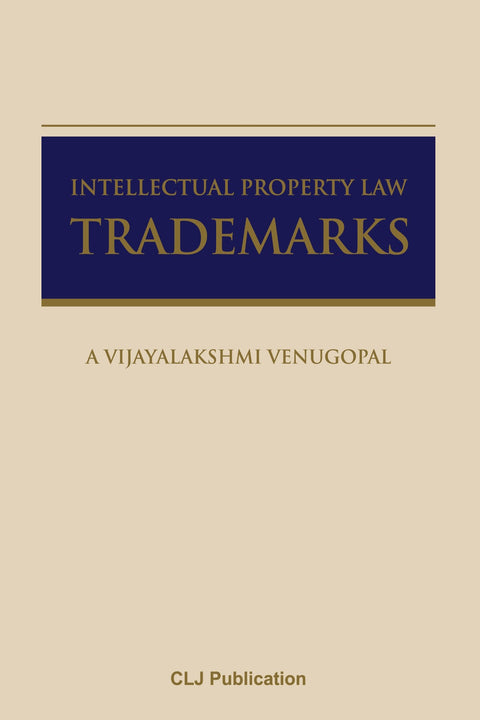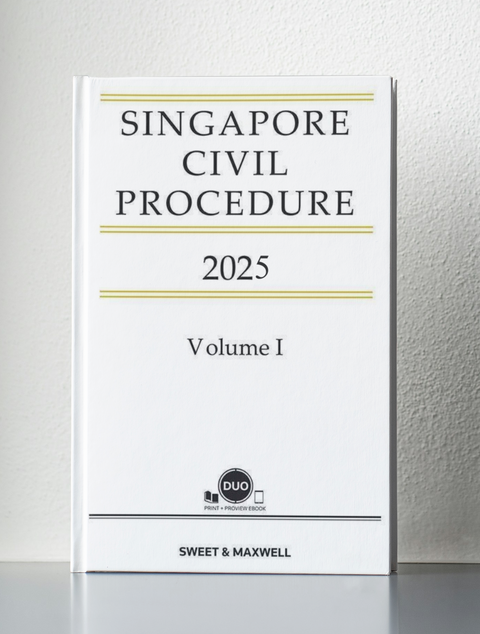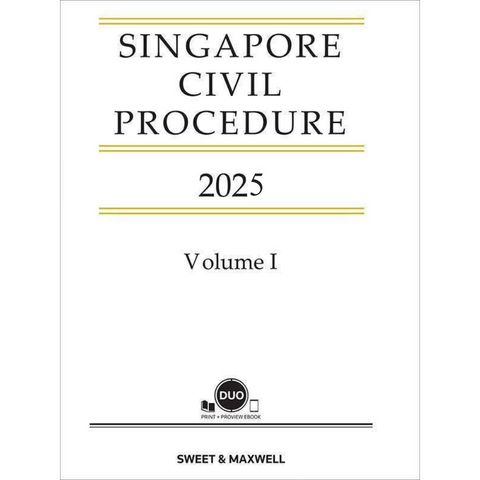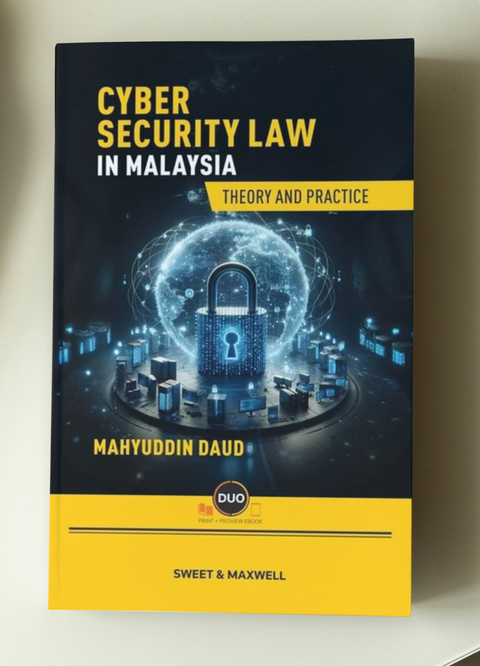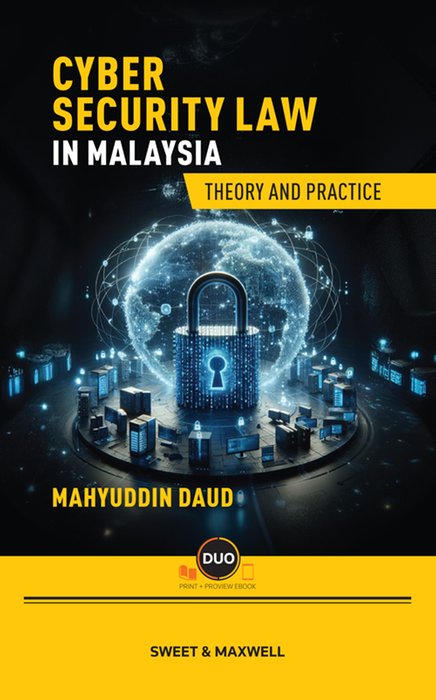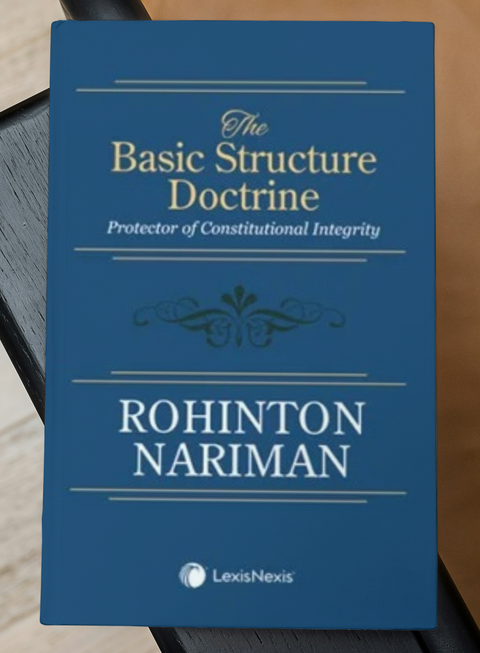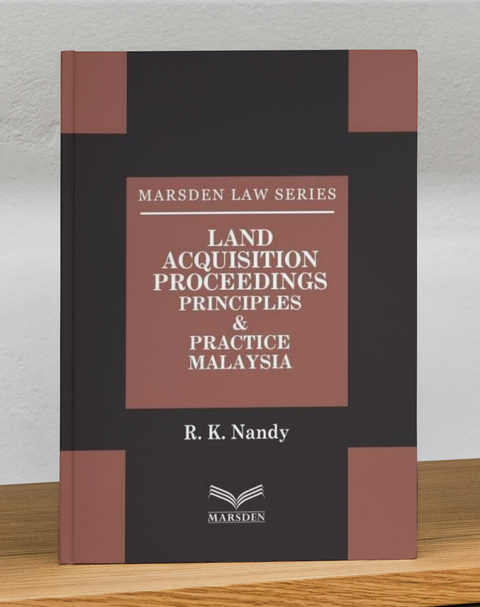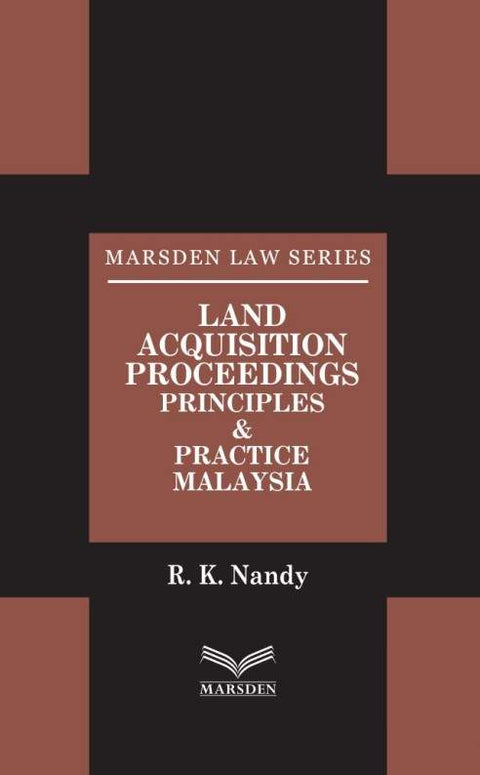![Criminal Procedure Code (Act 593) [As At 1st March 2025]](http://www.joshualegalartgallery.com/cdn/shop/files/Template_Act_new_-_2025-04-18T103603.312.png?v=1744952209&width=480)
![Criminal Procedure Code (Act 593) [As At 1st March 2025]](http://www.joshualegalartgallery.com/cdn/shop/files/cpc_2025.png?v=1744952209&width=480)
![Criminal Procedure Code (Act 593) [As At 1st March 2025]](http://www.joshualegalartgallery.com/cdn/shop/files/cpc_2025_back.png?v=1744952209&width=480)
![Criminal Procedure Code (Act 593) [As At 1st March 2025]](http://www.joshualegalartgallery.com/cdn/shop/files/cup_f090cfa7-01c8-4138-a1de-47ddaed27430.jpg?v=1744952209&width=480)
![Criminal Procedure Code (Act 593) [As At 1st March 2025]](http://www.joshualegalartgallery.com/cdn/shop/products/JLAG_6d50729e-2f62-4ca3-82e5-0b6d914bd0c2.jpg?v=1744952209&width=480)
Criminal Procedure Code (Act 593) [As At 1st March 2025]
Criminal Procedure Code
Detailed Contents Of Criminal Procedure Code (Act 593) :
The Malaysian Criminal Procedure Code (CPC) regulates the procedural aspects of criminal cases in Malaysia. It delineates the steps that law enforcement and the judiciary must adhere to, starting from the investigation of a crime and culminating in the trial's resolution. The CPC encompasses several crucial facets:
Investigation: The CPC delineates the protocols that law enforcement officers must observe during crime investigations, including guidelines for search and seizure, arrest protocols, and evidence handling.
Arrest and Detention: It specifies the conditions under which an individual can be arrested, the rights of the arrested person, and the permissible duration for detention without formal charges.
Bail: The CPC offers criteria for granting bail to accused individuals awaiting trial. It details the factors that courts consider when deciding whether to grant bail.
Charges and Pleas: The CPC sets out the procedures for officially charging an accused person. It also addresses the various pleas an accused person can enter, such as guilty, not guilty, or a plea bargain.
Trial Procedures: The CPC governs trial proceedings, including rules for presenting evidence, questioning witnesses, and safeguarding the rights of the accused throughout the trial.
Sentencing: It provides guidelines for the types of sentences applicable to different offenses, encompassing fines, imprisonment, and corporal punishment.
Appeals: The CPC outlines the processes for filing appeals in higher courts if a convicted individual wishes to challenge the verdict.
Find more books like Criminal Procedure Code : statutes
Latest releases
Get your copy today!










